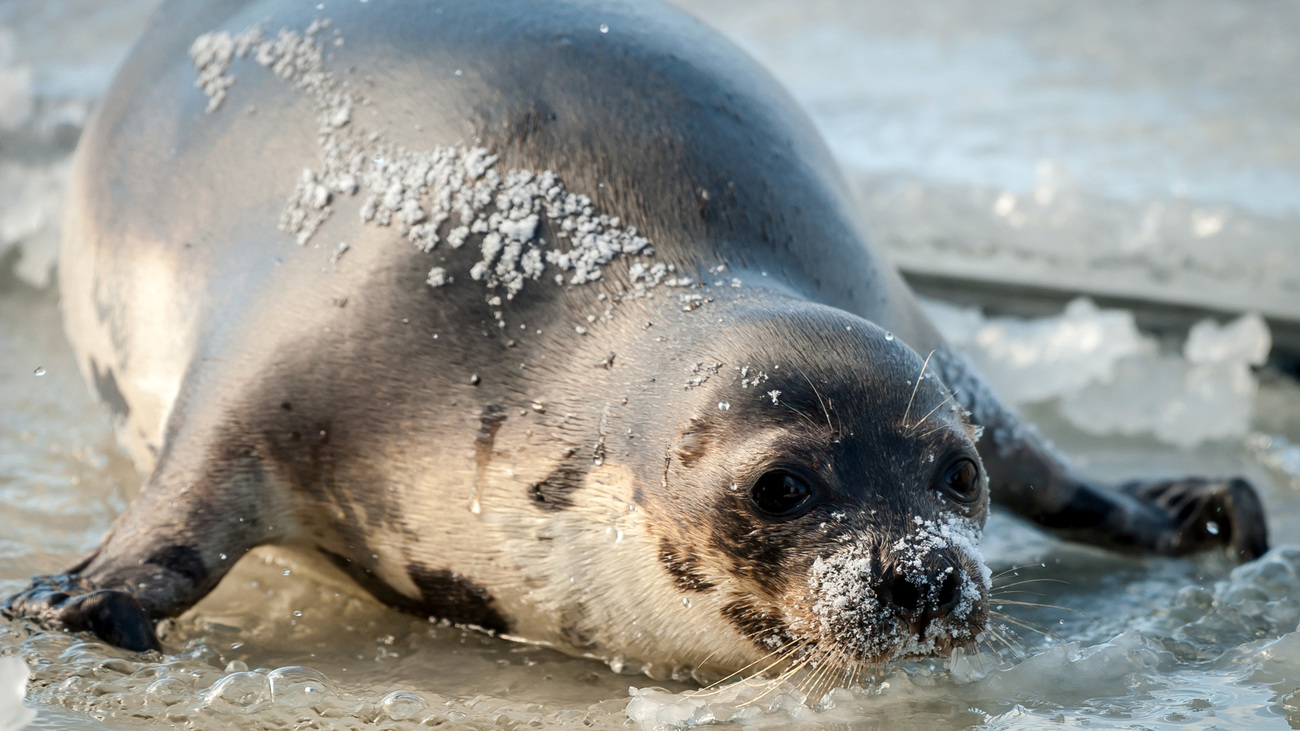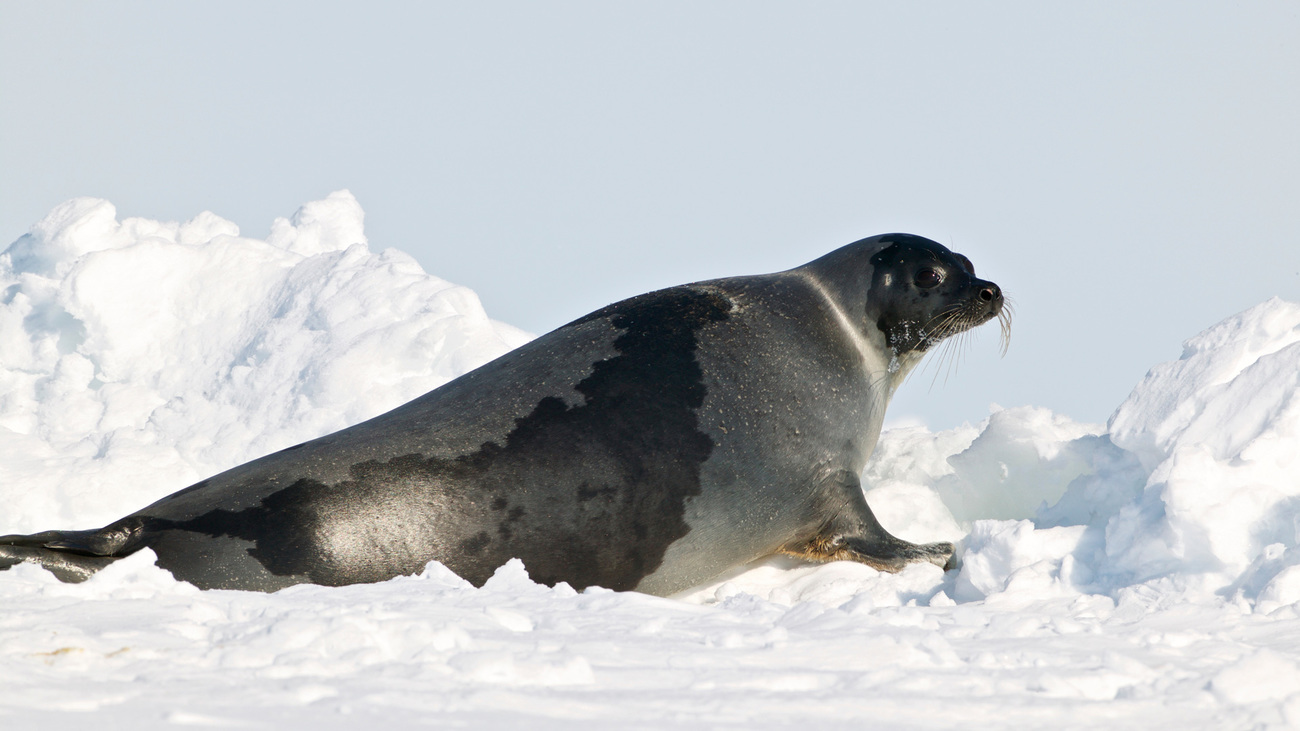Sheryl Fink
why hasn’t Canada ended its commercial seal hunt?
why hasn’t Canada ended its commercial seal hunt?

This morning, the annual commercial hunt for harp seals opens once again off the shores of Eastern Canada. Every year, many of us ask the same question: why?
Why does the commercial seal hunt still happen? With the scientific evidence clearly showing that harp seals are not negatively impacting fish stocks, and no markets for seal products, why does Canada authorize and support this internationally condemned slaughter year after year? The answer, as it has been for decades, is politics.
government continues to fuel a dying hunt
The commercial seal hunt, as it exists today, is the result of a Canadian government strategy to provide employment for fishers affected by the 1992 moratorium on the Atlantic cod fishery. It also serves as a distraction from the political mismanagement that allowed the overexploitation of Atlantic cod stocks in the first place.
There was no scientific evidence at that time, nor is there now, that harp seals were negatively impacting cod. But by blaming seals, increasing the allowable catch, and introducing direct and indirect subsidies, the Government of Canada temporarily succeeded in reviving the seal hunt. The industry struggled amid international outcry over video evidence of inhumane killing yet managed to last about 10 years, largely thanks to continued and ongoing financial government support.
In 2009, after conducting a scientific review of the animal welfare aspects of seal hunts around the world, the EU implemented a ban on the marketing and sale of non-Indigenous-hunted seal products. Canada fought against this ban at the World Trade Organization, losing both the original challenge in 2013 and a subsequent appeal in 2014. Since then, the number of seals killed annually in the commercial seal hunt has dropped to among the lowest levels in recorded history.

dwindling demand for seal products
Since 1996, hundreds of millions have been spent by the Government of Canada to develop and promote seal products, open market access, and fight the EU trade ban. But efforts to make seal skin fashionable have struggled in the face of a warming climate, global economic crises, and changing attitudes towards fur. Seal meat has struggled to move beyond a novelty item on menus and political photo-ops, and now seems to hold most promise as lobster bait. In 2011, Canada proudly claimed to have signed an export deal with China for seal meat, but by 2014 it had failed to materialize. Seal heart valve transplants were then touted to become a $1.5 billion industry, but ultimately proved unsuccessful. Some have suggested that the most economically viable product from a seal is its penis.
Every attempt to make commercial sealing a viable industry has failed. These failures come with high price tags, and many Canadians have had enough. This winter, the Government of Newfoundland and Labrador (where the majority of the commercial seal hunt occurs) sued a seal processor who failed to pay back a $1 million bailout from 2015. (They also decided to replace the sealskin covered chairs in the House of Assembly, suggesting that attitudes may be changing, even in the heartland of the seal hunt.)
seal hunt widely condemned
Although the days of protests on the ice may be over, international opposition to the cruel and unnecessary seal hunt remains high. In fact, the seal hunt is reportedly still the number one topic that makes its way into Canadian Prime Minister Justin Trudeau’s inbox. Criticism of the hunt is backed by experts including scientists, veterinarians, economists, and global trade analysts. Even the fishing industry has expressed concerns that an expanded seal hunt could have negative impacts on market access and acceptance of Canadian fish and seafood products, with serious economic impacts on coastal fishing communities.
We must keep the pressure on. Canada must follow scientific evidence rather than give in to pressure from fisheries unions who incorrectly blame seals for eating too many fish. Please lend your voice and take action today by asking Canada to end the East Coast commercial seal hunt, for good.
Related content
Our work can’t get done without you. Please give what you can to help animals thrive.